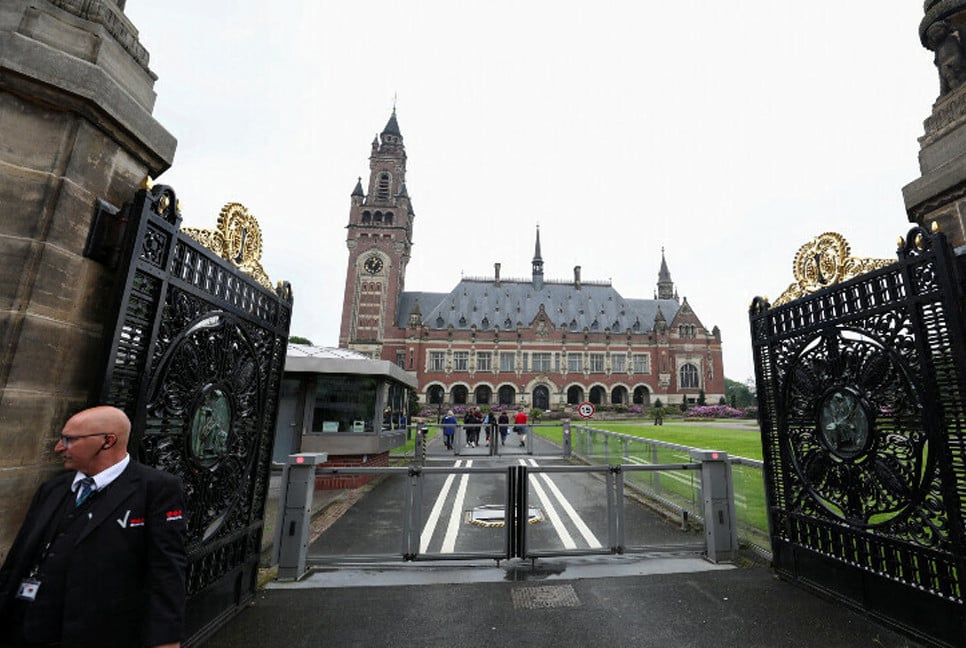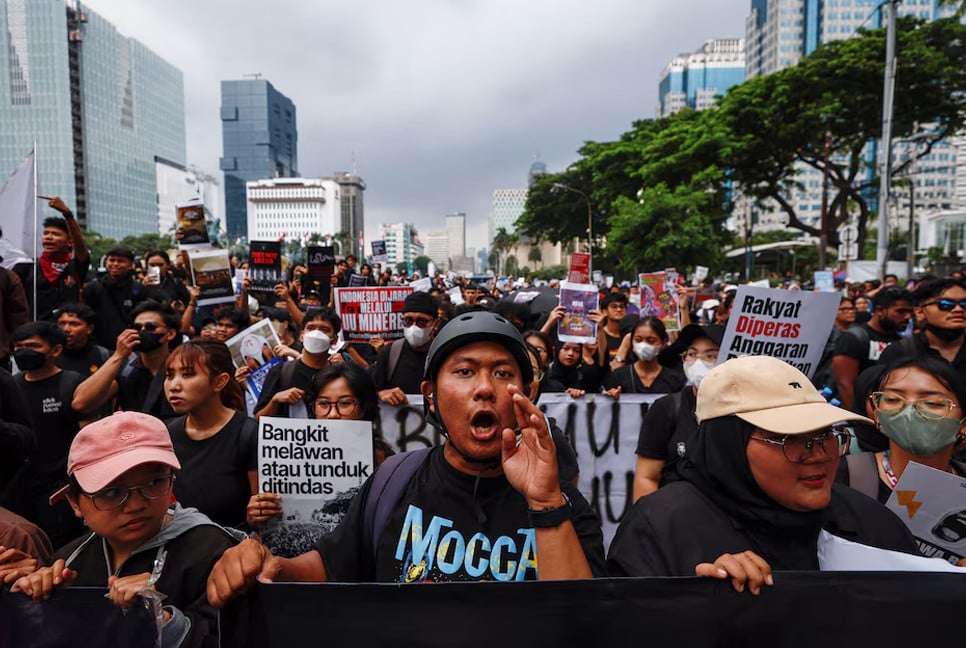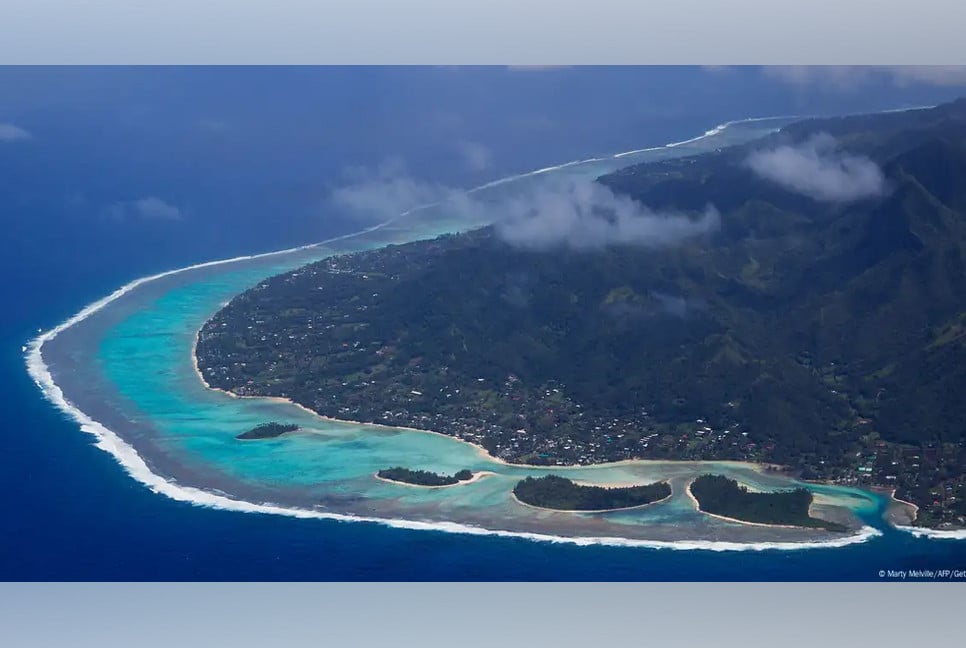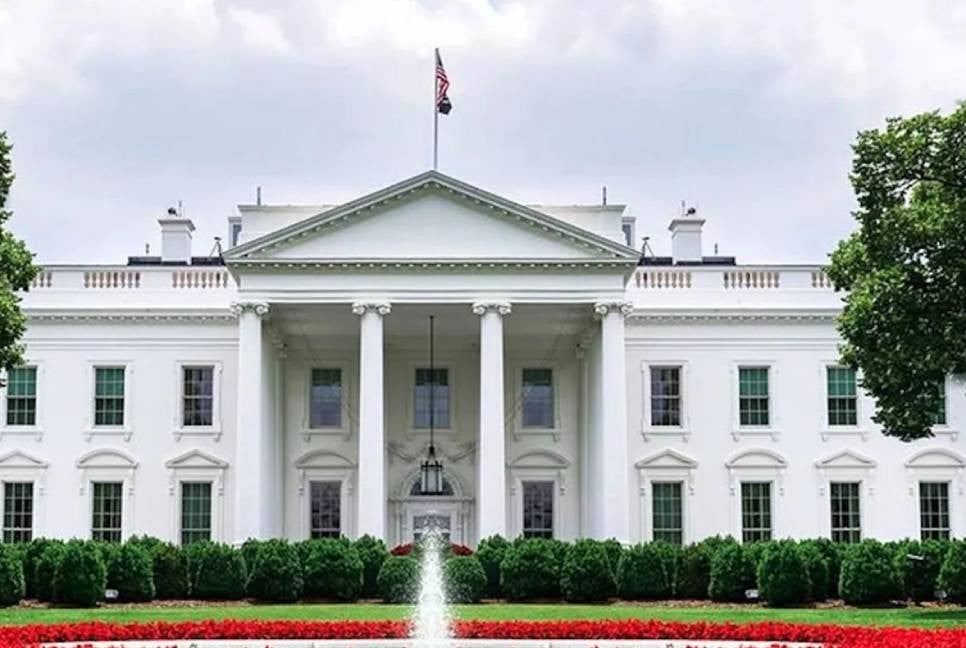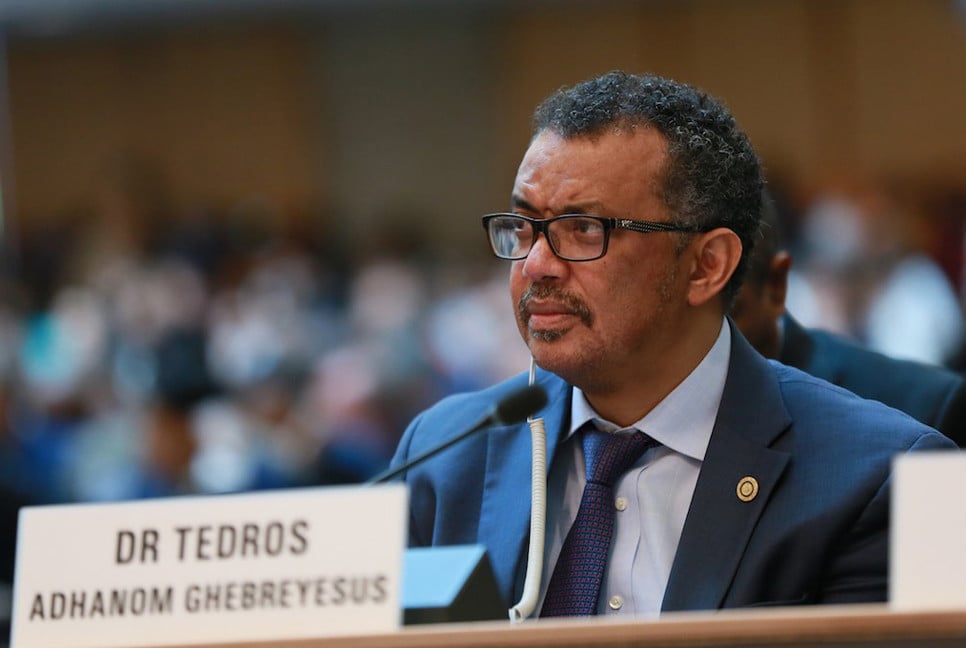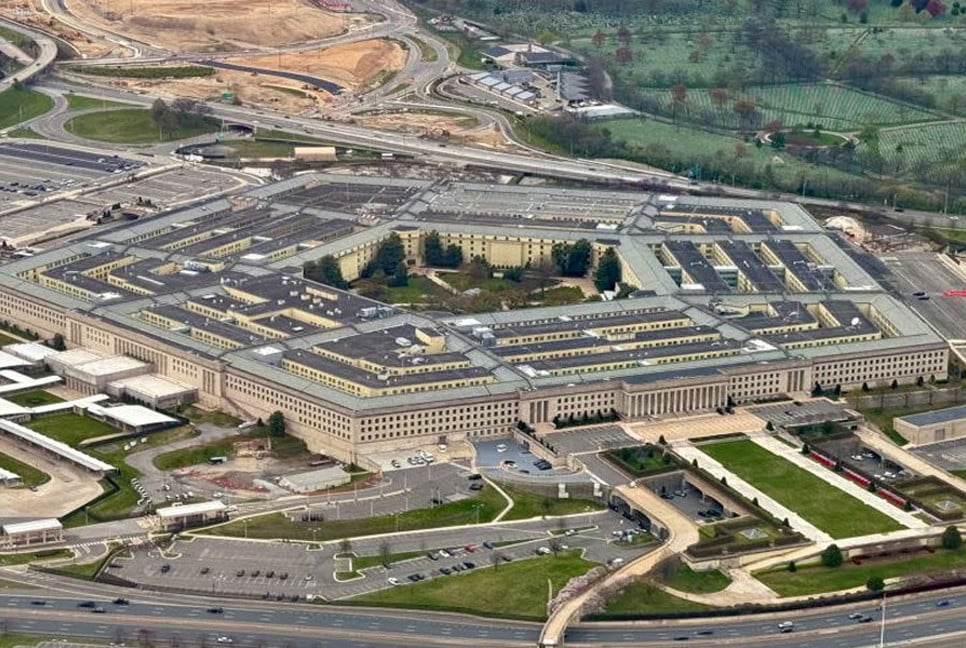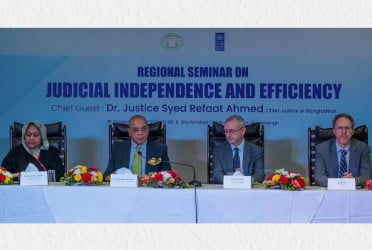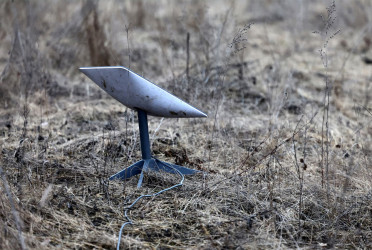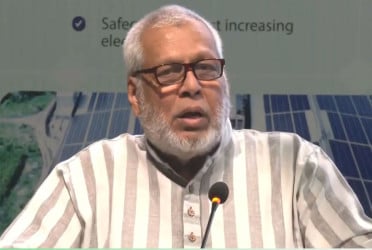The International Court of Justice (ICJ) will next week embark on unprecedented hearings to establish a "legal blueprint" for how nations should address environmental protection against greenhouse gases and the consequences of failing to do so.
Starting Monday, representatives and legal experts from over 100 countries and organizations will present their submissions at the ICJ’s Peace Palace in The Hague. This marks the highest number of participants in the court’s history.
While climate activists are optimistic that the ICJ’s advisory opinion could bring significant momentum to the fight against climate change, some remain skeptical about the impact of the non-binding judgment, which could take months or years to be delivered.
The hearings follow the COP29 climate summit in Azerbaijan, where developed nations agreed to provide at least $300 billion annually by 2035 for climate finance. However, the pledge was criticized by poorer nations as insufficient, and the final agreement omitted any mention of a global commitment to transition away from fossil fuels.
Questions Before the Court
The ICJ hearings stem from a UN General Assembly resolution passed last year that referred two critical questions to the court.
The first seeks clarity on the obligations of states under international law to protect the climate system from greenhouse gas emissions. The second questions the legal responsibilities of states whose actions or inactions have caused harm to the environment, particularly to vulnerable nations facing rising sea levels and extreme weather.
“Climate change for us is not a distant threat,” said Vishal Prasad, director of the Pacific Islands Students Fighting Climate Change (PISFCC). “It is reshaping our lives right now. Our islands are at risk. Our communities face disruptive change at a rate and scale that generations before us have not known.”
Prasad's group, comprising 27 students, initiated a campaign in 2019 to bring the issue to the ICJ. They rallied support from Pacific island nations, including Fiji, which led to the UN adopting the resolution.
A Step Toward a ‘Legal Blueprint’
Legal experts do not expect the ICJ’s advisory opinion to provide detailed prescriptions but believe it will serve as a foundational "legal blueprint" for addressing climate-related legal questions.
“The judges’ opinion, which we expect sometime next year, will inform climate litigation on domestic, national, and international levels,” said Joie Chowdhury, a senior lawyer at the Center for International Environmental Law. “One of the questions that is really important, as all of the legal questions hinge on it, is what is the conduct that is unlawful.”
Global Participation
Major carbon-emitting nations, including China, the United States, and India, will join 98 countries and 12 organizations in making submissions. Proceedings will begin with statements from Vanuatu and the Melanesian Spearhead Group, representing island states such as Fiji, Papua New Guinea, and the Solomon Islands.
The hearings will conclude after two weeks, with organizations such as the European Union and the Organization of the Petroleum Exporting Countries also delivering their positions.
“With this advisory opinion, we are not only here to talk about what we fear losing,” said Prasad. “We’re here to talk about what we can protect and what we can build if we stand together.”
(Source: DAWN)
BD-Pratidin English/Mazdud

